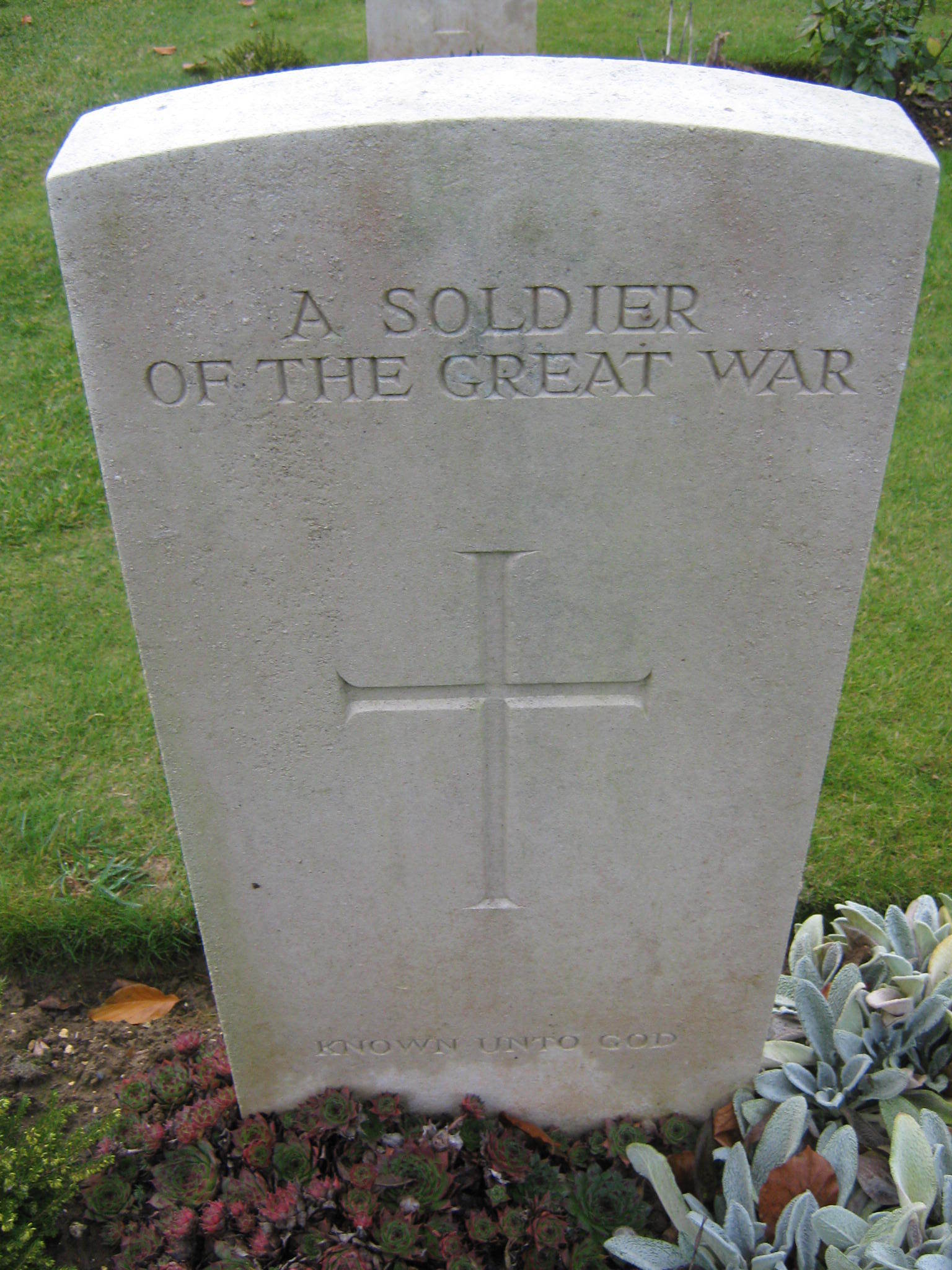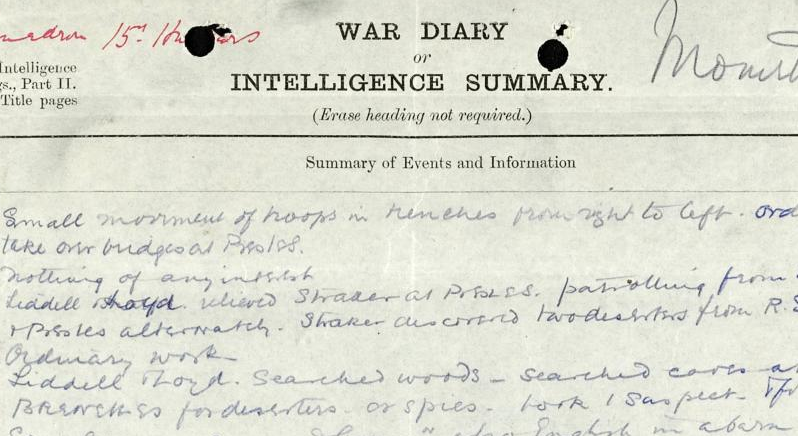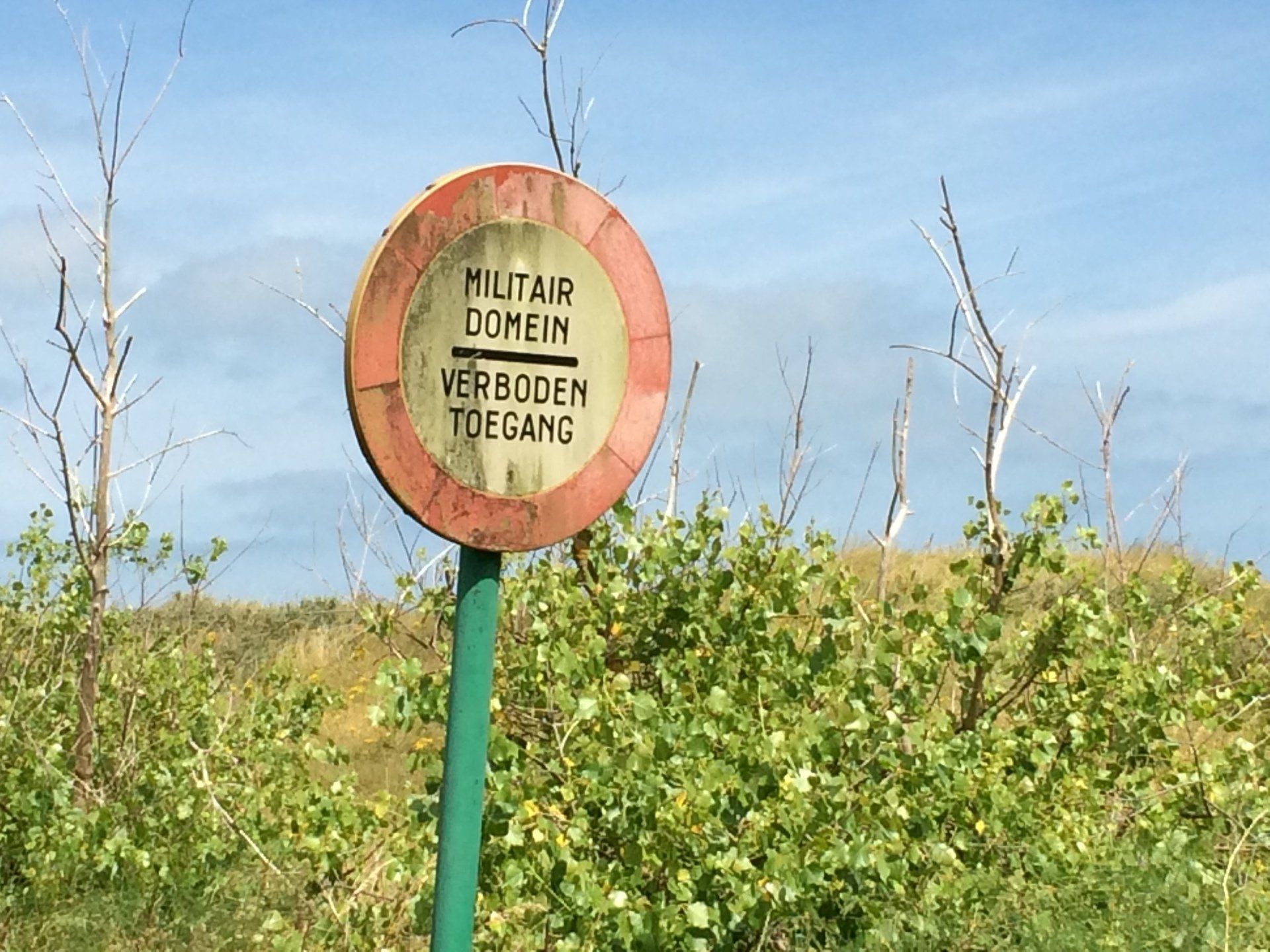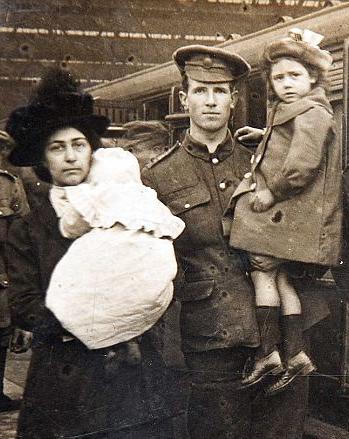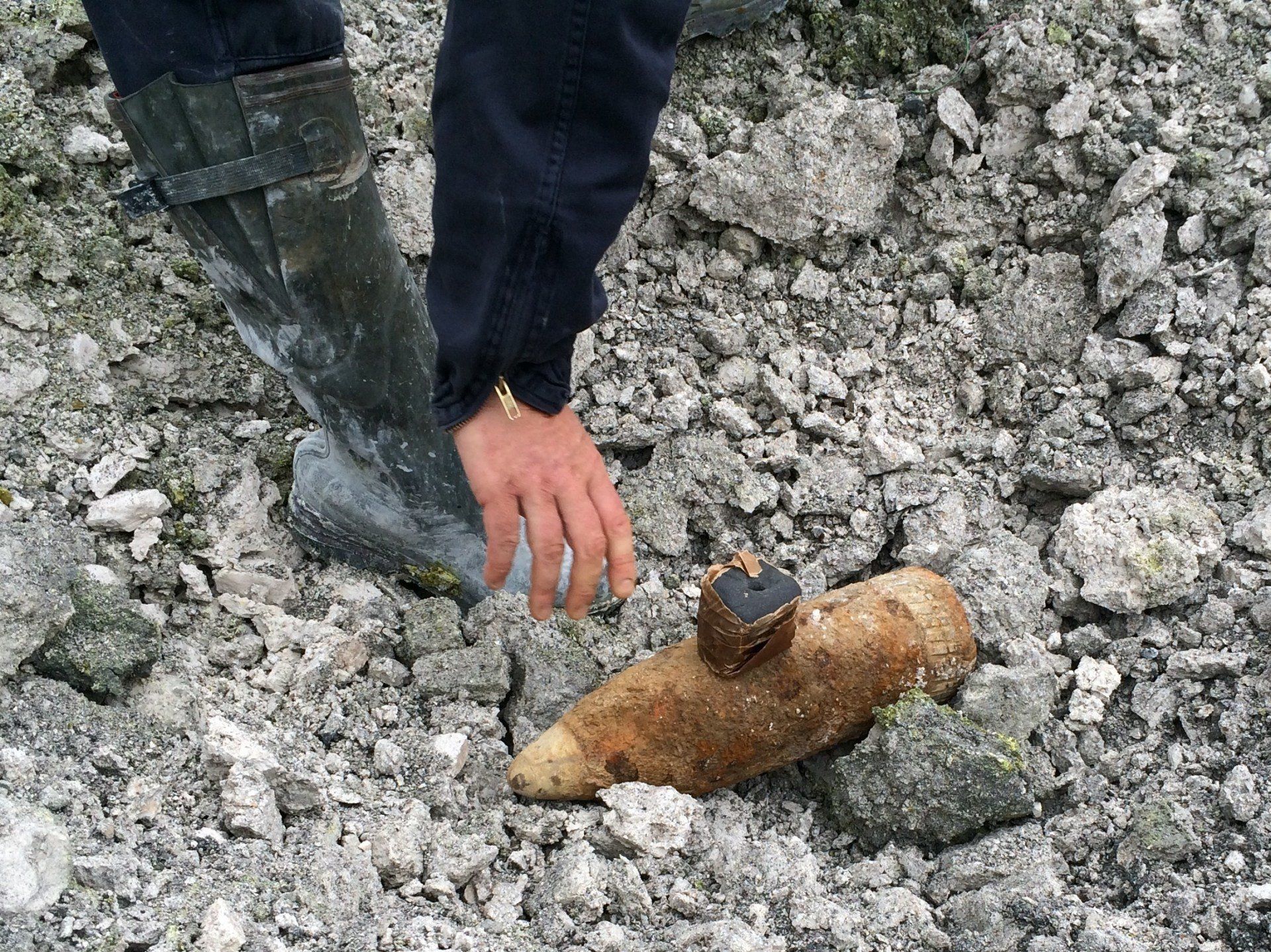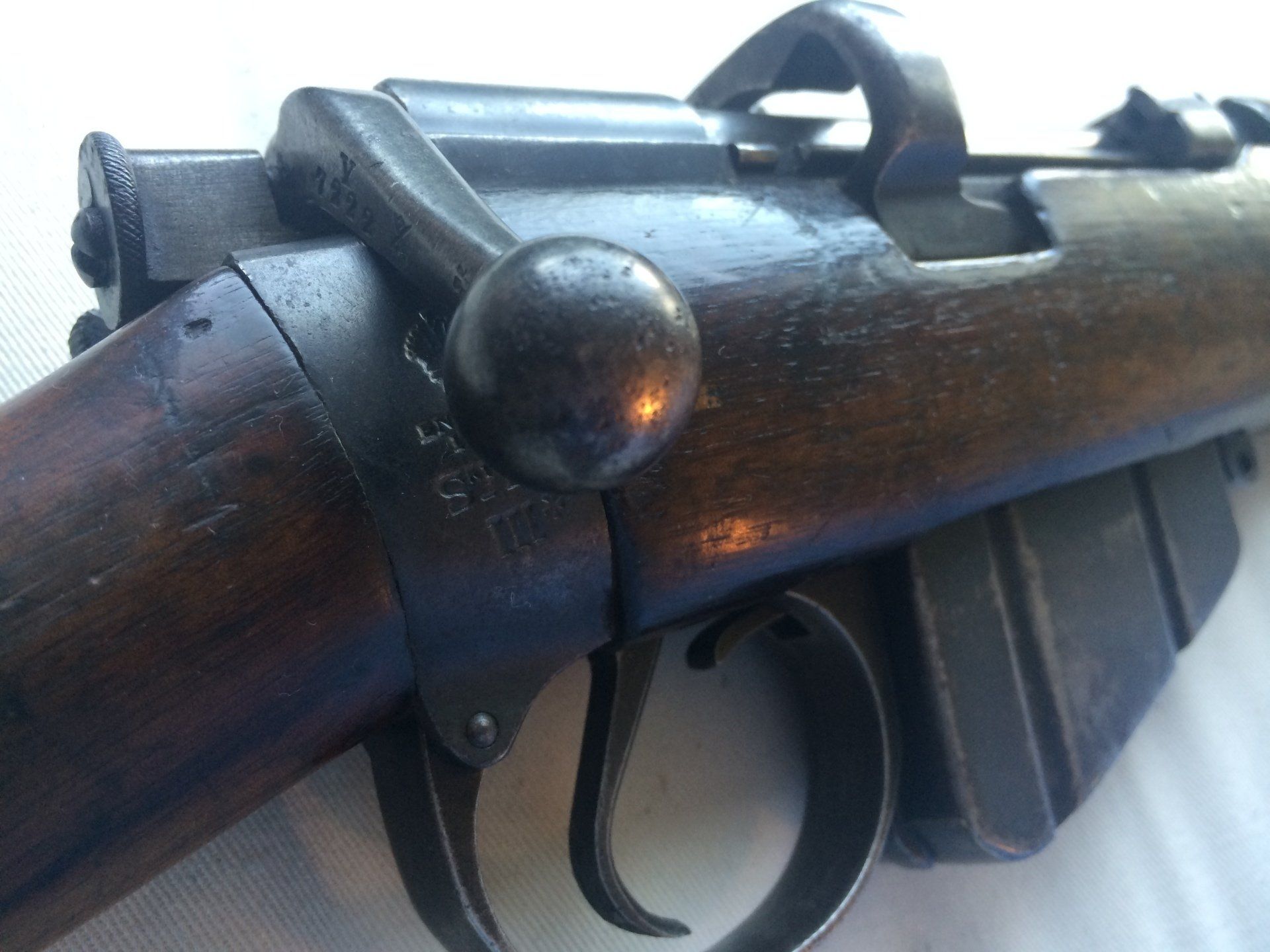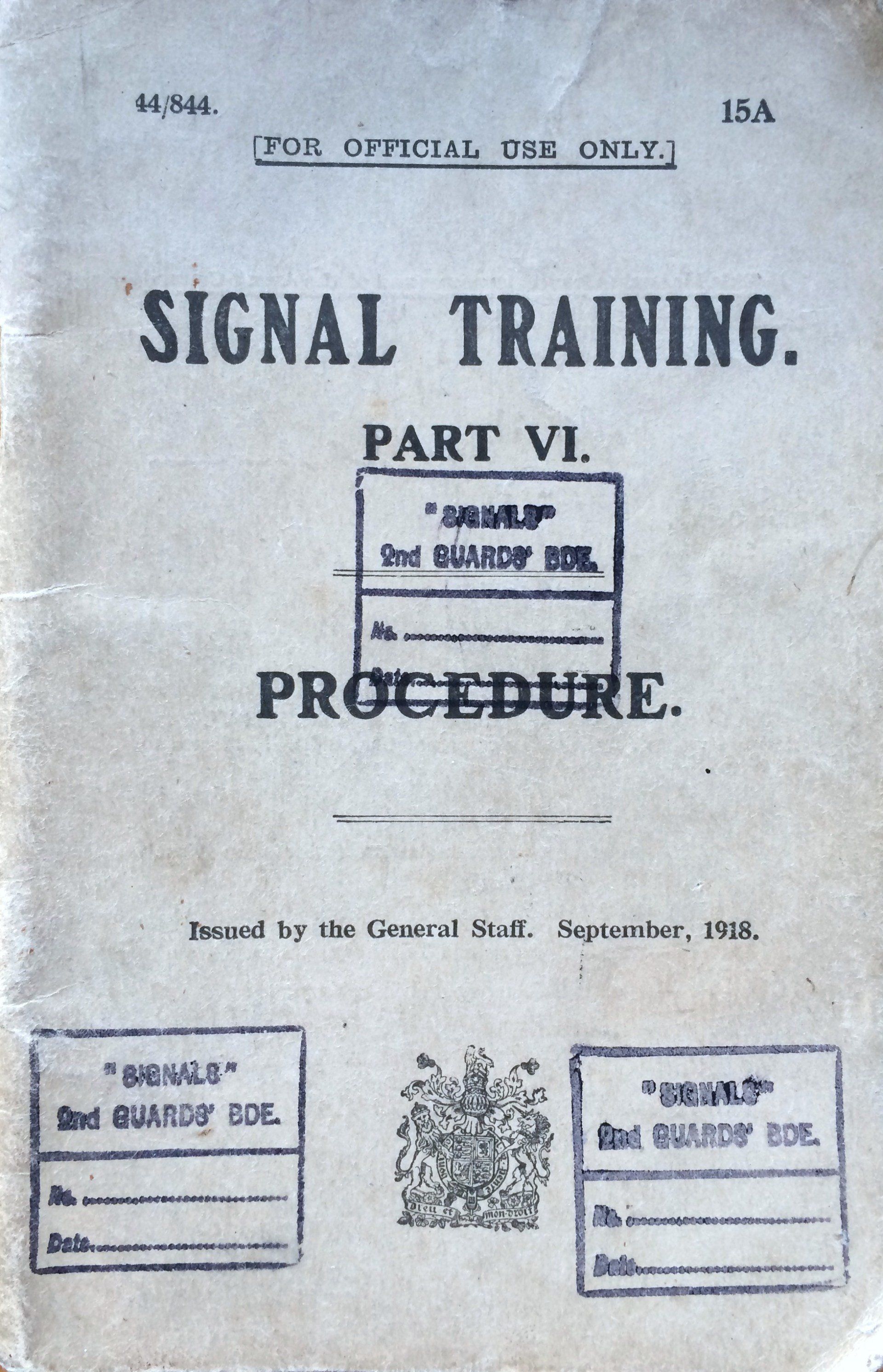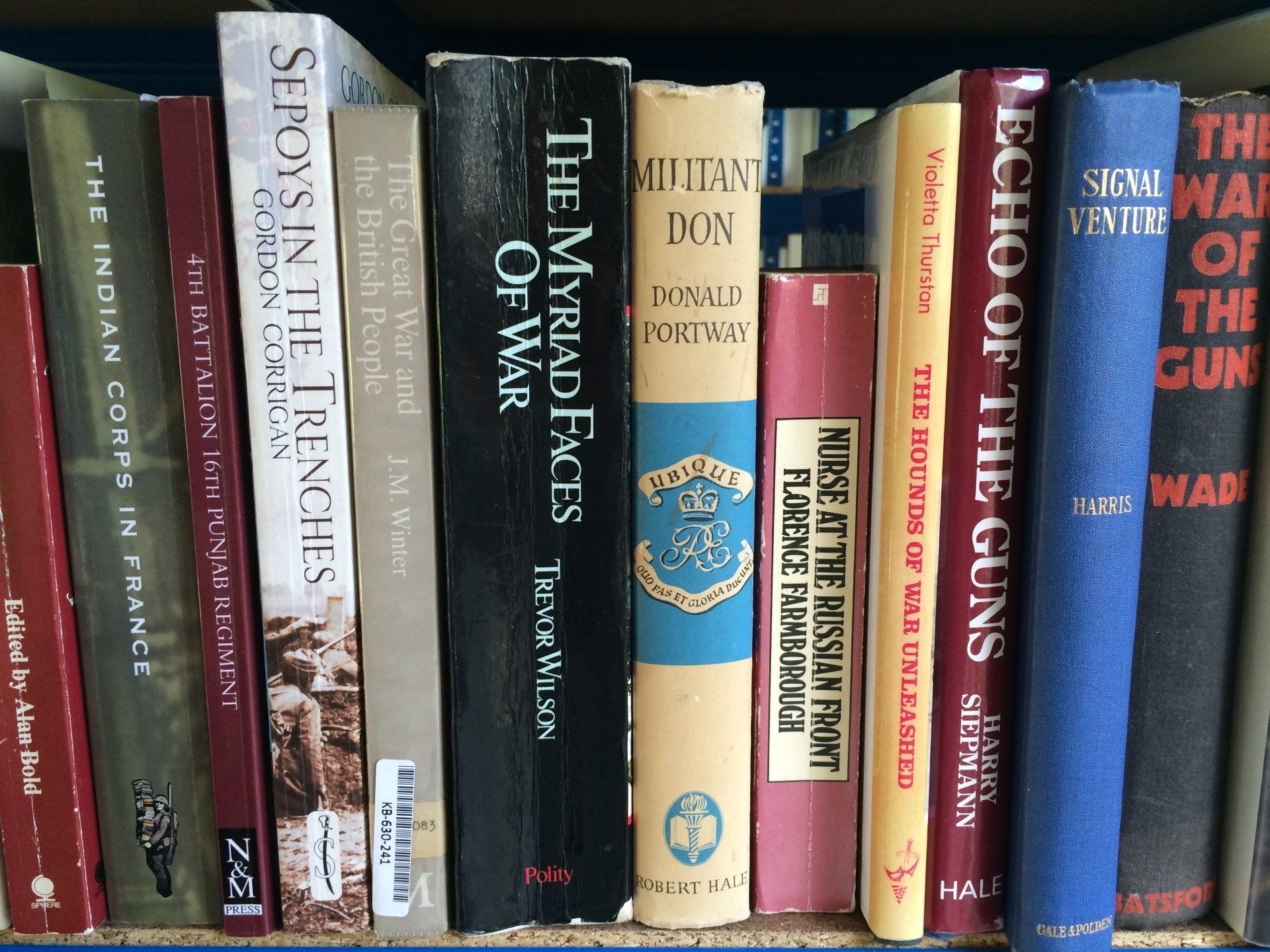TOMMIES
42 real-time First World War documentary dramas
The Dramas
The last two TOMMIES episodes were broadcast on the 11th and 12th November last year. That makes 42 in total.
The first two series are on CD and available to buy on ebay, but the whole thing is also available at the button.
TOMMIES is the world's first ever real-time drama to be commissioned for broadcast over four and a half years.
You can read about it here, and the BBC WW1 website. The characters might or might not survive the next four years.
The first two series are on CD and available to buy on ebay, but the whole thing is also available at the button.
TOMMIES is the world's first ever real-time drama to be commissioned for broadcast over four and a half years.
You can read about it here, and the BBC WW1 website. The characters might or might not survive the next four years.
But how about you? Have you ever started listening to a drama not knowing if you'll be alive yourself at the end?
(I was going to change these original captions - written in 2014 - for the rest of this page, but I decided to put myself in the position of someone exploring after hearing a few episodes, so I left them.)
Tommies -
The Episode Guide
I wrote all these in the week of transmission so forgive me for their variable quality. But there is masses and masses of information here - I am proud of the way every episode was hard-rooted in fact.
Tommies - The Films
It has been a real pleasure putting together some films of my own haphazard creation using material shot mainly on my phone when I'm on research trips.
But the really classy films were put together by my great film maker buddy Hilary Easter-Jones.
Here are all the Tommies films in the one place, in roughly the order we did them. The only exception is the first, which is sort of the summary film for the whole project.
But the really classy films were put together by my great film maker buddy Hilary Easter-Jones.
Here are all the Tommies films in the one place, in roughly the order we did them. The only exception is the first, which is sort of the summary film for the whole project.
Tommies: an over-arching summary
Here's a quick overview from a talk I gave at the Royal Institution for NextRadio. And there's a full-length version of that talk on the Films page.
Tommies the Real-Time Epic
The characters might or might not survive the next four years.
But how about you? Have you ever started listening to a drama not knowing if you'll be alive yourself at the end?
The Sound of Battle - as it was 100 years ago
Actual sounds were recorded in 2014 that were last heard during WW1. Your ears will be taken back to 1914 and you'll be put in the middle of a real WW1 battle.
Tommies asks the Biggest Question
War Is Hell: we all know that. I want to ask a much more awkward question that's troubled me for years. What is it about war that makes it so attractive? What qualities must it have for us as humans to make us go back to it?
Tommies the War Procedural
Soldiers don't sit around asking "why oh why are we fighting?" They've got problems that need solving. They've as much trouble with their kit, their food and their officers as they have with the enemy.
Tommies -
Deadly Accurate
You only get the chance to do this once every 100 years. So I want to make Tommies as historically, technically and militarily accurate as I can.
Did Tommies 'work'?
The answer to this one is in only one place: the mind of each individual listener.
Still, we got a chunky summary off Paul Simon at the Guardian newspaper is this review:
...Conceived by showrunner Jonathan Ruffle as a vehicle to tell some of the hidden stories of the war, its 45-minute dramas were pegged to real events on the dates they occurred. A small group of fictional characters fleshed out the extraordinary true stories Ruffle and his team found in detailed research of war diaries and archives.
“Apart from a decision to broadcast an episode of Tommies on all the last five November 11ths,” explains Ruffle, “we asked Radio 4 to deliberately place each episode to capture a historically crucial moment out of the mainstream understanding of the first world war, which we felt might be missed by other media. For example, we deliberately featured the night before the first day of the Battle of the Somme as the last episode of one series, and then opened our next series on the last day of the same battle, 141 days later.”
Tommies’ central characters were not your average war heroes either: Sgt Mickey Bliss (played by Lee Ross) was a signalman who ran away from heartbreak to soldier in India, then found new purpose as an intelligence officer; his ex-lover, Celestine de Tullio, was a doctor whose passion to cure battlefield diseases drove her to ever riskier situations; her husband Robert, the financier whose murky deals to keep the war effort going dragged him into the world of spies; and Ahmadullah Khan, the Indian soldier in France without a coat, who later ended up in a Turkish PoW camp. Though these characters were fictional, they were amalgams of many real combatants, and everything they did actually happened.
Non-British voices were a crucial part of the story, Ruffle says. “Historical documents show the involvement of many nations in the conflict. It wasn’t a question of consciously taking steps to include anyone – they were all there anyway. Maoris, Chinese, Gurkhas, Canadians, Australians, Malawians, Nigerians, New Zealanders, Egyptians, Italians, white and red Russians, black and white US soldiers, not to mention the Hong Kong & Singapore Mountain Battery and the Zionist Mule Corps, as well as the British Indian Army.”
Throughout the dramatised action, a commentator, played by Indira Varma, drily injected facts – “Bostridge’s pessimism proves correct; he’ll die in August 1916”, and the like.
Nor was the attention to detail confined to the words. In a clip shared on social media, BBC engineers recorded French soldiers blowing up a first world war shell, freshly ploughed up by a farmer, so that Tommies’ sound effects would be authentic.
At the end of the four-year run, there was still scope for surprise. The 11 November 1918 episode did not, as one might expect, follow soldiers waiting out the last hours before the Armistice, but took listeners to the frozen north of Russia, and the abortive Allied campaign to oust the Bolsheviks. The final instalment, on the 12th, was a cliffhanger involving a massive German explosive booby trap threatening what was left of the Belgian city of Mons. And so the faithfully recorded Maxim guns and Lee-Enfields fell silent.
Ruffle hopes Tommies will show future writers another way to approach drama about historical events: “I can confidently say that if you look closer at history, there are far better stories than you can make up.” ...
I probably bombarded - what you mean 'probably'? - I obviously bombared this journo with quote after quote, and there's one he missed for whatever reason - "Radio Drama gave the world, some for the very first time, women who fought in the trenches of Serbia, decoded German codes in Paris, won medals up the Dvina River in Russia in the Voluntary Aid Detachment, (not to mention the Russian Women's Battalions of Death), drove under shellfire in France, subverted the empire in Egypt and flew aircraft on the Italian front. "
